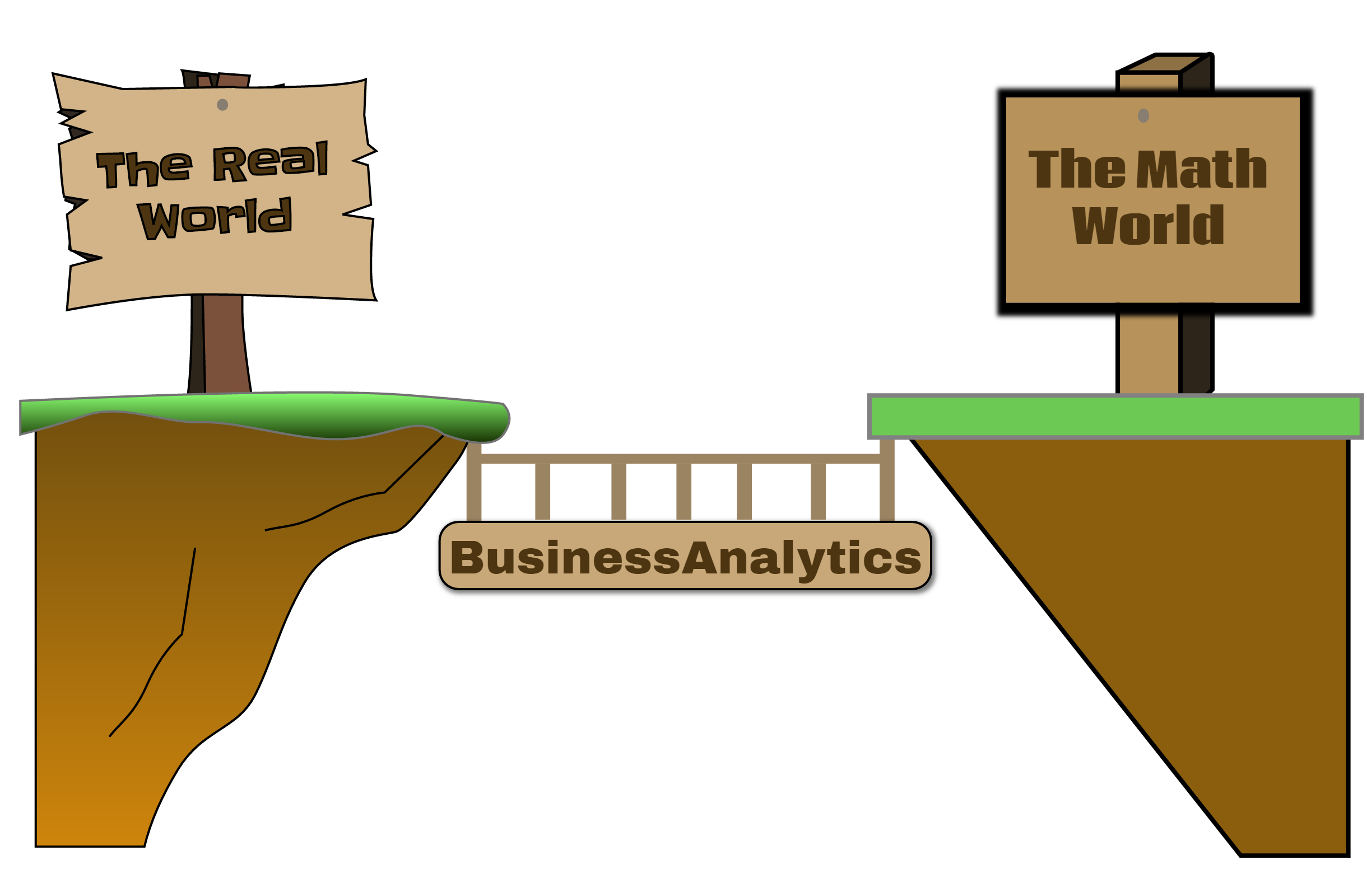The Business Analyst: A Bridge Between Business and IT
A business analyst (BA) www.business-economics.be/ is a professional who analyzes the business needs of an organization and then translates those needs into requirements for IT solutions. BAs work closely with stakeholders from all levels of the organization, including business users, IT staff, and management. They use their knowledge of business processes, IT systems, and project management to identify and solve problems, and to ensure that IT solutions meet the needs of the business.
The role of a business analyst is becoming increasingly important as businesses become more reliant on technology. BAs are responsible for ensuring that IT solutions are aligned with the strategic goals of the organization, and that they are implemented in a way that minimizes disruption to business operations.
Here are some of the key responsibilities of a business analyst:
- Identify business needs: BAs work with stakeholders to identify the problems that need to be solved, and to define the requirements for a solution. This involves understanding the current state of the business, and identifying opportunities for improvement.
- Translate business needs into requirements: Once the business needs have been identified, BAs translate them into requirements that can be understood by IT developers. This involves documenting the requirements in a clear and concise way, and ensuring that they are complete, accurate, and feasible.
- Gather and analyze data: BAs gather and analyze data to support their analysis of business needs and the development of requirements. This data can come from a variety of sources, such as surveys, interviews, and existing documentation.
- Communicate with stakeholders: BAs communicate with stakeholders throughout the entire business analysis process. This includes communicating the business needs, the requirements, and the status of the project.
- Manage the business analysis process: BAs manage the business analysis process, which includes planning, coordinating, and executing the activities involved in identifying, analyzing, and documenting business needs.
- Ensure compliance: BAs ensure that the IT solutions they develop meet the requirements of all applicable laws and regulations.
In addition to these core responsibilities, BAs may also be involved in other activities, such as:
- Project management: BAs www.businesslane.ca/ may be responsible for managing the overall project, or for managing specific aspects of the project, such as the requirements gathering or documentation phase.
- Data analysis: BAs may use their data analysis skills to help identify problems, develop solutions, and measure the success of those solutions.
- Consulting: BAs may be called upon to provide consulting services to organizations on a variety of business analysis topics.
BAs must have a strong understanding of business processes, IT systems, and project management. They must also be able to communicate effectively with stakeholders at all levels of the organization. In addition, BAs must be able to think critically and solve problems.
The skills and experience required for a career in business analysis vary depending on the specific role and responsibilities. However, some of the most important skills for BAs include:
- Analytical thinking: BAs must be able to think critically and solve problems. They must be able to identify the root cause of a problem, and to develop and implement solutions.
- Communication skills: BAs must be able to communicate effectively with stakeholders at all levels of the organization. They must be able to clearly explain complex concepts, and to gather and synthesize information from a variety of sources.
- Project management skills: BAs must be able to manage the business analysis process, which includes planning, coordinating, and executing the activities involved in identifying, analyzing, and documenting business needs.
- Data analysis skills: BAs may use their data analysis skills to help identify problems, develop solutions, and measure the success of those solutions.
- Business knowledge: BAs must have a strong understanding of business processes, IT systems, and the industry in which they work.
The career outlook for business analysts is positive. The Bureau of Labor Statistics projects that employment of business analysts is projected to grow 14 percent from 2020 to 2030, faster than the average for all occupations. This growth is expected to be driven by the increasing demand for IT solutions to help businesses improve efficiency, productivity, and customer service.
If you are interested in a career in business analysis, there are a few things you can do to prepare:
- Earn a degree in business analysis or a related field. There are a number of undergraduate and graduate programs in business analysis available. These programs will provide you with the skills and knowledge you need to be successful in a career in business analysis.
- Gain experience in business analysis. There are a number of ways to gain experience in business analysis. You can volunteer your services to a nonprofit organization, or you can take on a part-time or internship position with a business.
- Get certified. There are a number of business analysis certifications available. Getting certified can demonstrate your skills and knowledge to potential employers.










